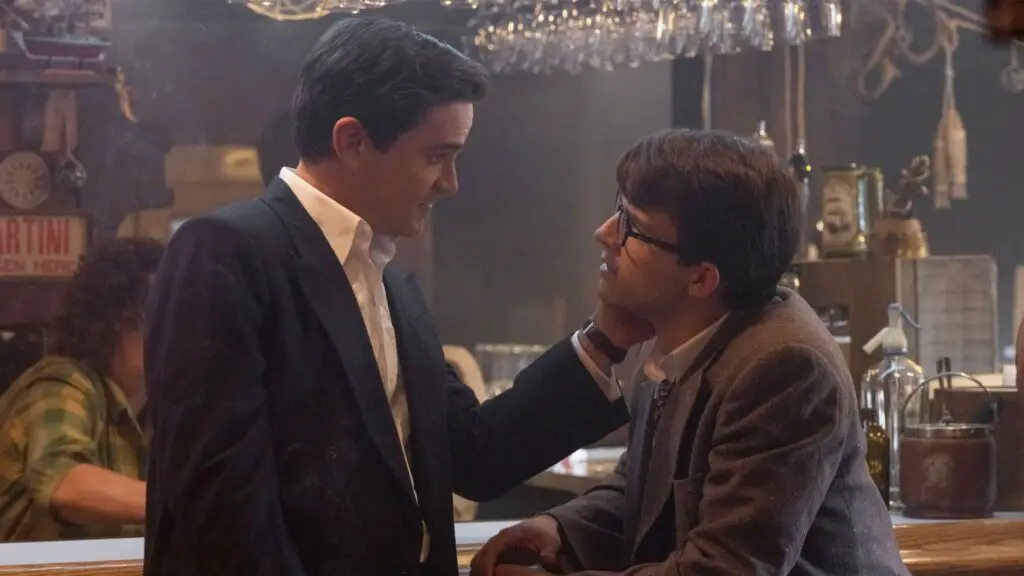The television miniseries “Fellow Travelers,” based on Thomas Mallon’s 2007 novel, marks a significant milestone in the portrayal of gay romance in American historical narratives. The series weaves the story of Hawkins Fuller and Timothy Laughlin, two men who embark on a tumultuous love affair that begins in the 1950s, against the backdrop of McCarthyism. Their relationship evolves through decades, encompassing major socio-political events like the Vietnam War protests, the disco era of the 70s, and the AIDS crisis of the 80s. This journey not only captures their personal struggles and growth but also mirrors the changing landscape of American society and its attitudes towards homosexuality.
“Fellow Travelers” stands out for its unflinching portrayal of gay love in a historical context, breaking ground by centering its narrative on a same-sex relationship during eras of significant societal stigma. The series, which debuted on Showtime in October 2023, navigates the intricate dynamics of their relationship, reflecting the external pressures of a society grappling with evolving views on sexuality, politics, and identity.
Acclaim and Critique – The Critical Reception of “Fellow Travelers”

The series has been met with critical acclaim, evident in its positive reception by both critics and audiences. On Rotten Tomatoes, it holds an impressive 91% approval rating from critics, who praised the depth and breadth of its storytelling and the on-screen chemistry of its leads, Matt Bomer and Jonathan Bailey. Metacritic echoes this sentiment with a score of 76 out of 100, indicating generally favorable reviews. This acclaim is not just limited to numbers; the series has been named among the best TV shows of 2023 by notable publications like Variety, The Washington Post, and The New Yorker.
However, the series’ approach to handling American tragedies and wrongdoings, particularly in how they intersect with the gay experience, has sparked discussions and critique. Some critics and viewers have pointed out that while the series successfully highlights the struggles and resilience of its protagonists, it may inadvertently simplify or overshadow the broader context of the historical events it covers. This raises questions about the responsibility of historical fiction in balancing personal narratives with the complexities of historical accuracy and representation.
Despite these critiques, “Fellow Travelers” remains a landmark series that sheds light on previously untold or underrepresented aspects of gay history. Its contribution to reshaping American narratives, especially in the context of LGBTQ+ representation in media, is undeniable.


